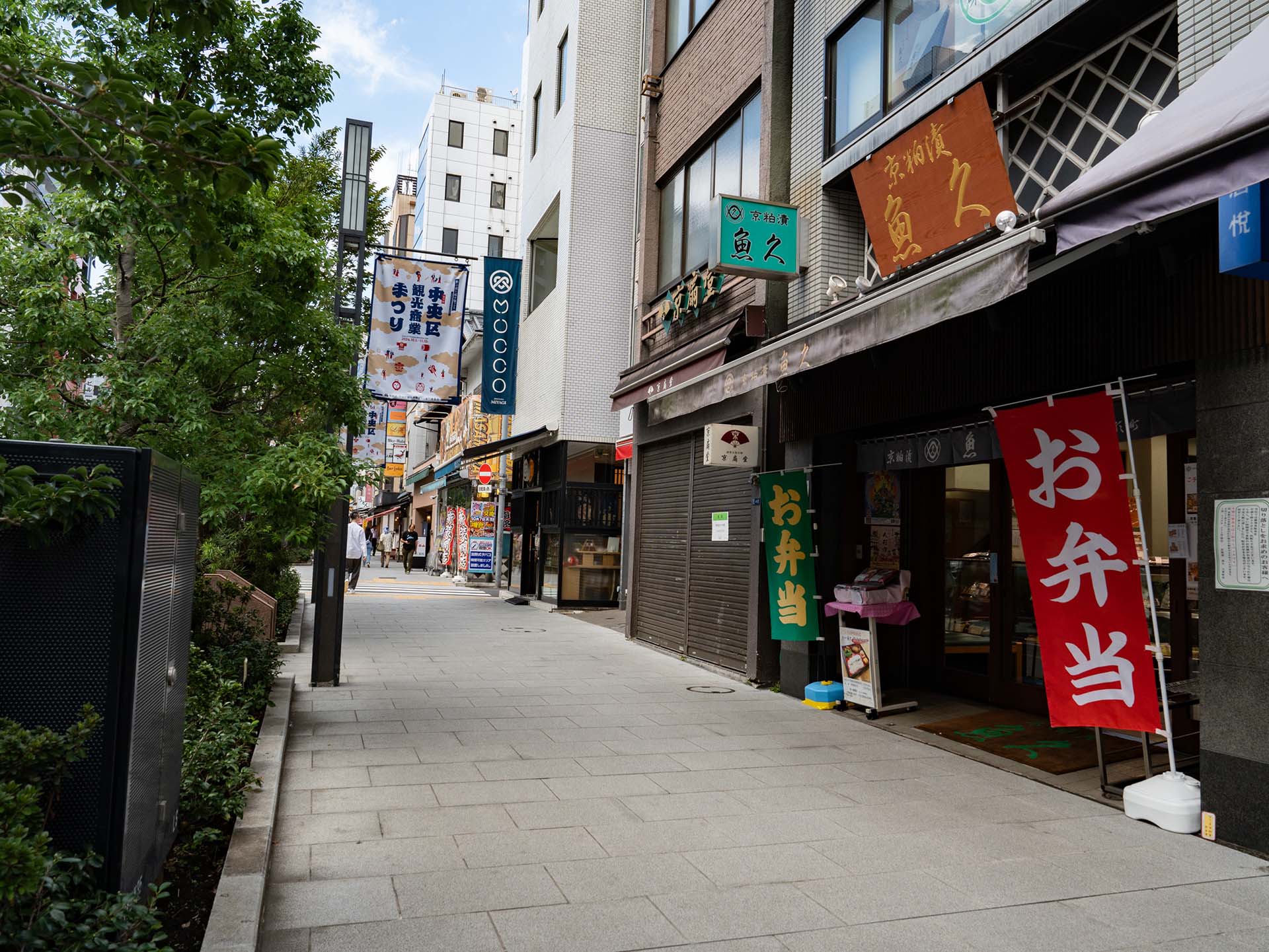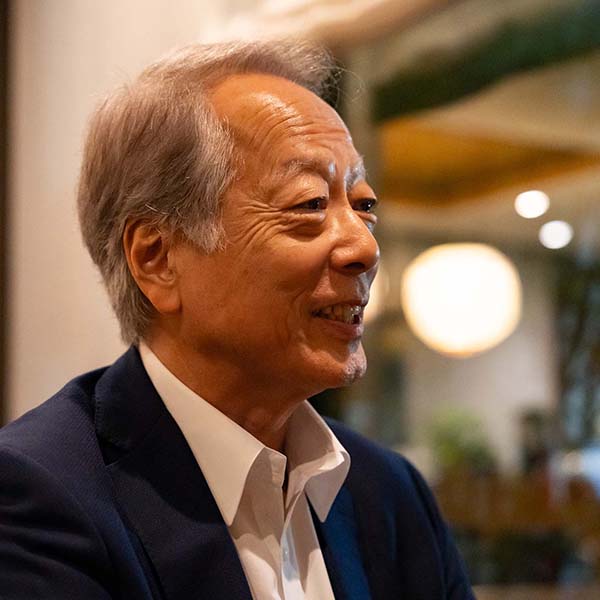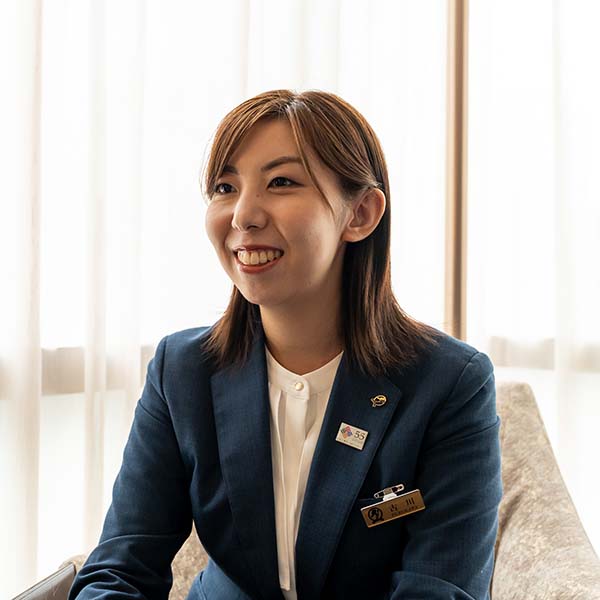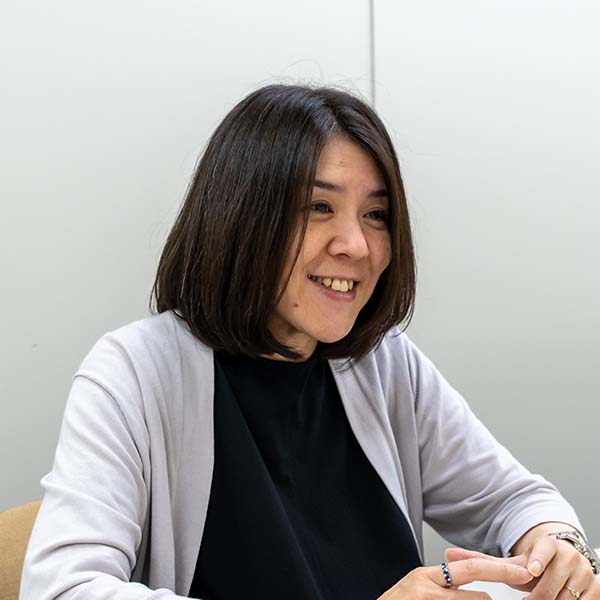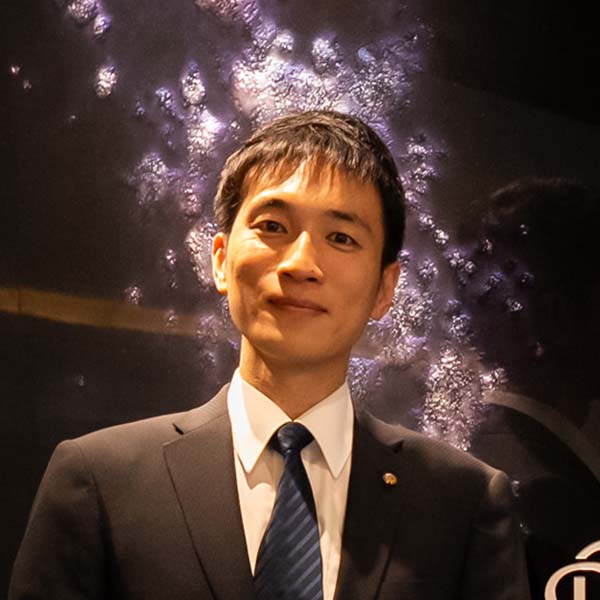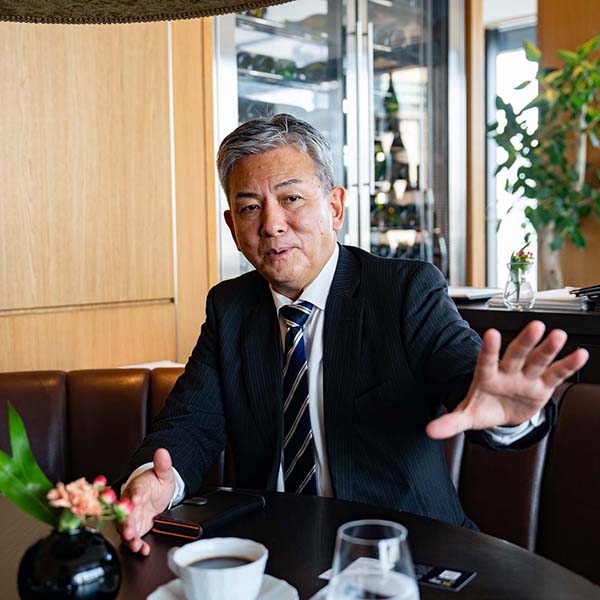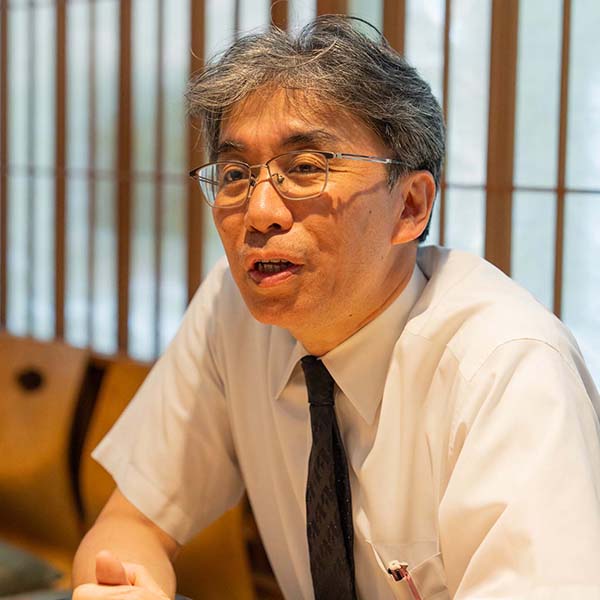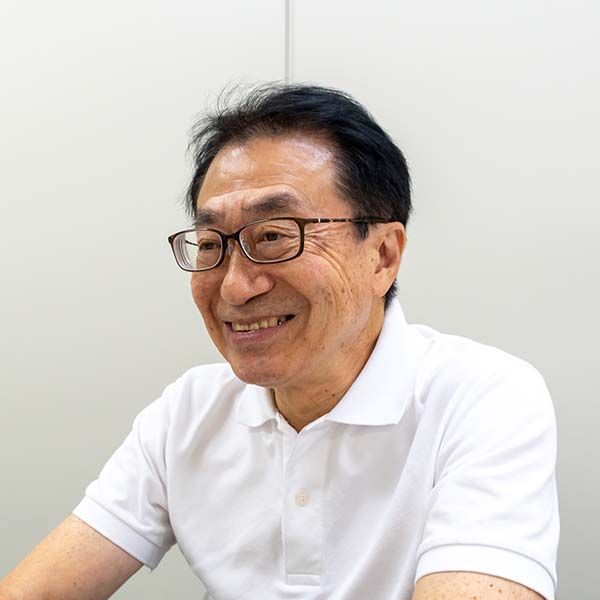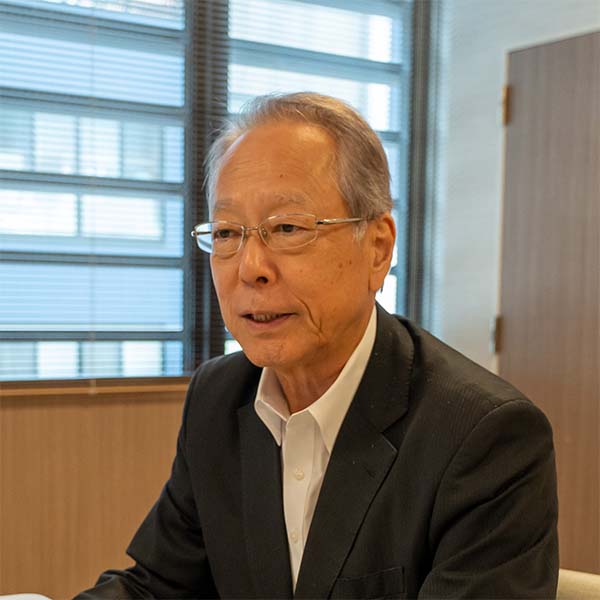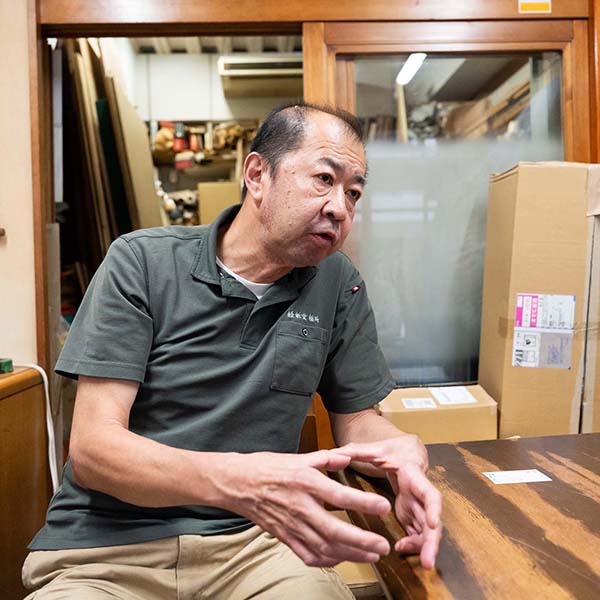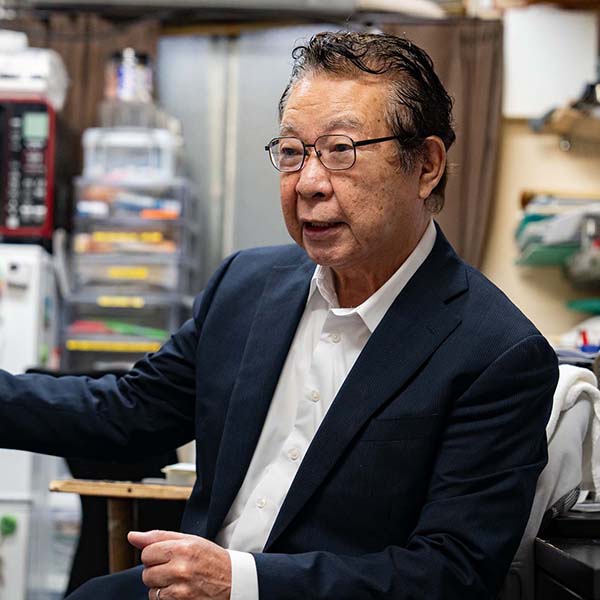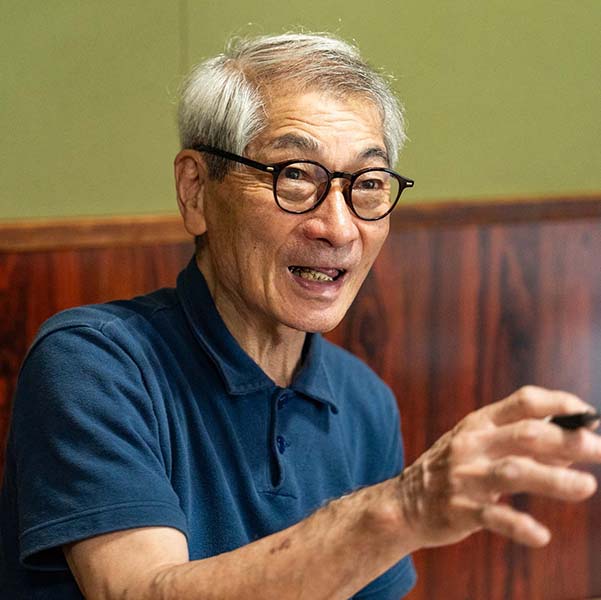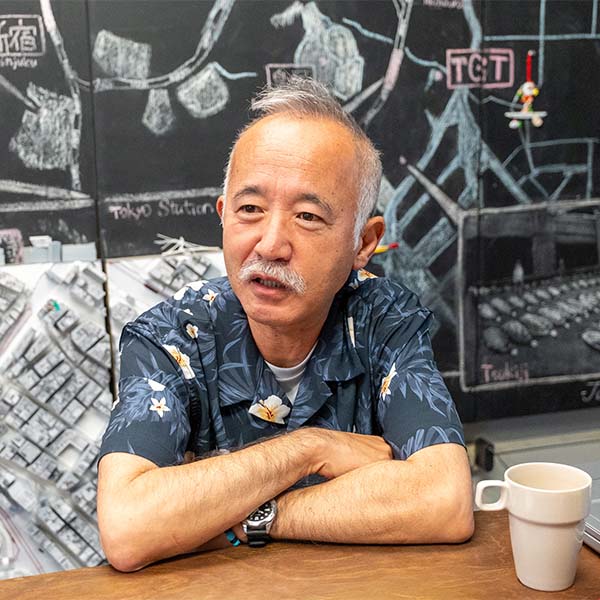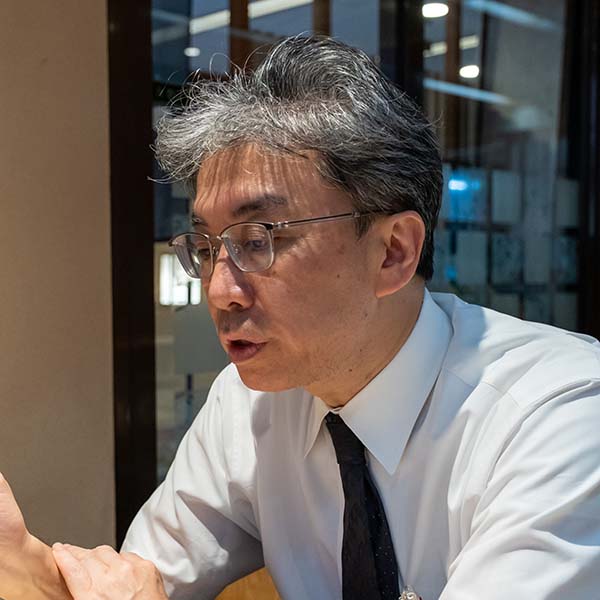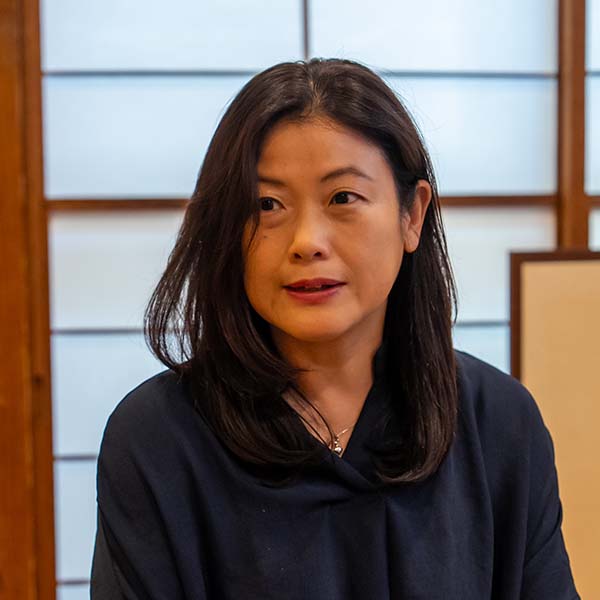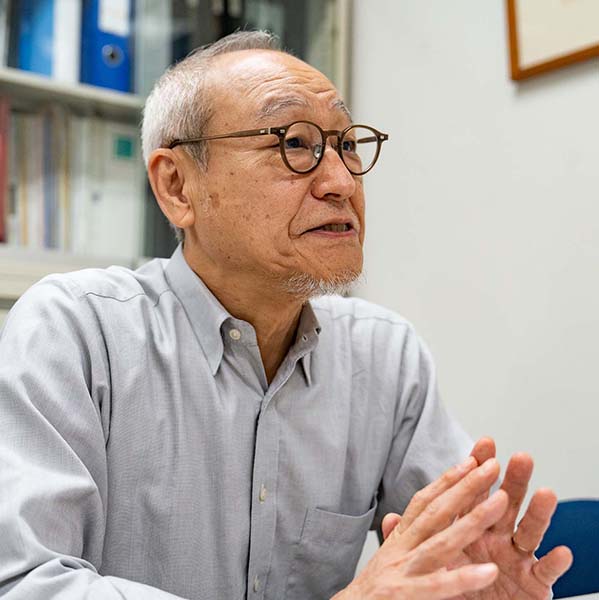The Best Spots in Chūō Ward, Tokyo,According to an Expert
Discover the origins of Edo, a melting pot of history and culture.
Experience even more of Chuo City, Tokyo!
In 1603, the year Tokugawa Ieyasu established the Edo Shogunate, bridges were constructed at Nihombashi and Kyobashi, and the five major highways connecting Nihombashi to the rest of Japan were developed.
After 250 years of peace under the Tokugawa rule and the Meiji Restoration, the city was renamed Tokyo. During this era, a horse-drawn carriage route opened between Kyobashi and Shimbashi. Hakozakicho became home to the Bank of Japan, Kabutocho saw the establishment of the stock exchange, marking the area as Japan's economic hub. Meanwhile, Kobikicho (modern-day Ginza) welcomed the Kabuki-za theater, evolving into a cultural landmark.
Today, Chuo City, Tokyo, has transformed into a hotspot for tourists from around the globe. Ginza is rich with historical and cultural treasures, from longstanding traditional shops to the iconic Kabuki-za. Beyond the glittering commercial streets, back alleys are filled with art dealers and antique shops, drawing art enthusiasts to Nihombashi. Ningyocho preserves the charm of a bygone era with its shrines dedicated to the Seven Lucky Gods and the nostalgic Amazake Yokocho. Tsukiji buzzes with energy at its vibrant outer market, while Tsukuda retains its Edo-period street layout.
Chuo City offers countless opportunities to experience its profound history and culture.
To help you explore Chuo City even further, local "Chuo City Ambassadors" will share their recommendations for the best spots in the area!
Recommended Spot Map
Recommended spots in Chūō Ward
-
Recommended SpotTokiwabashi Park
I graduated from Chuo Ward Tokiwa Elementary School. The school was named after the Tokiwabashi Gomon Gate, which is said to be the bridge connecting
View More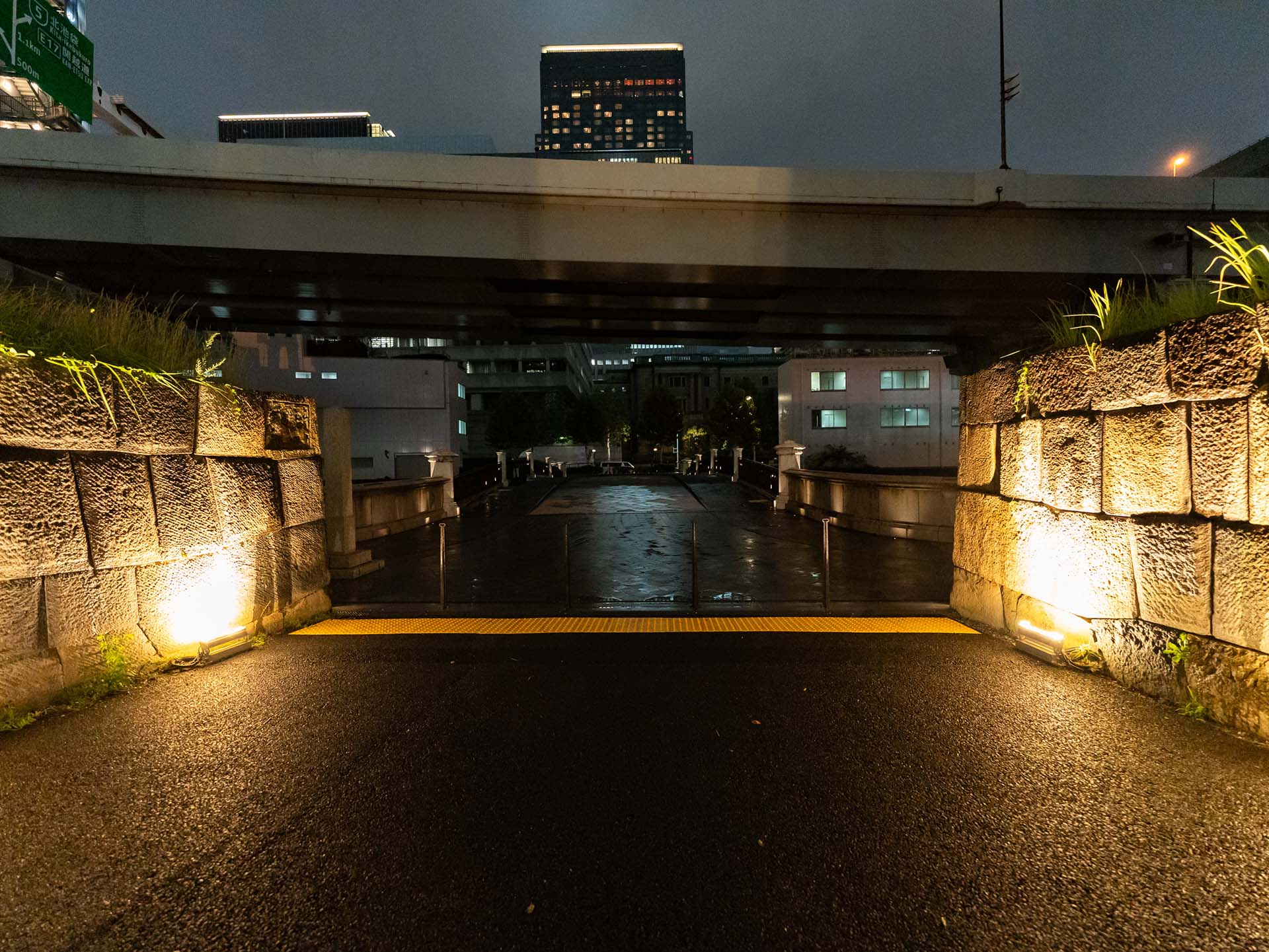
-
Recommended SpotGinza Onoya
The Mihara Bridge Intersection, where the two main roads “Harumi-dori” and “Showa-dori” meet. Located at the surface level of Higashi-Ginza Station, i
View More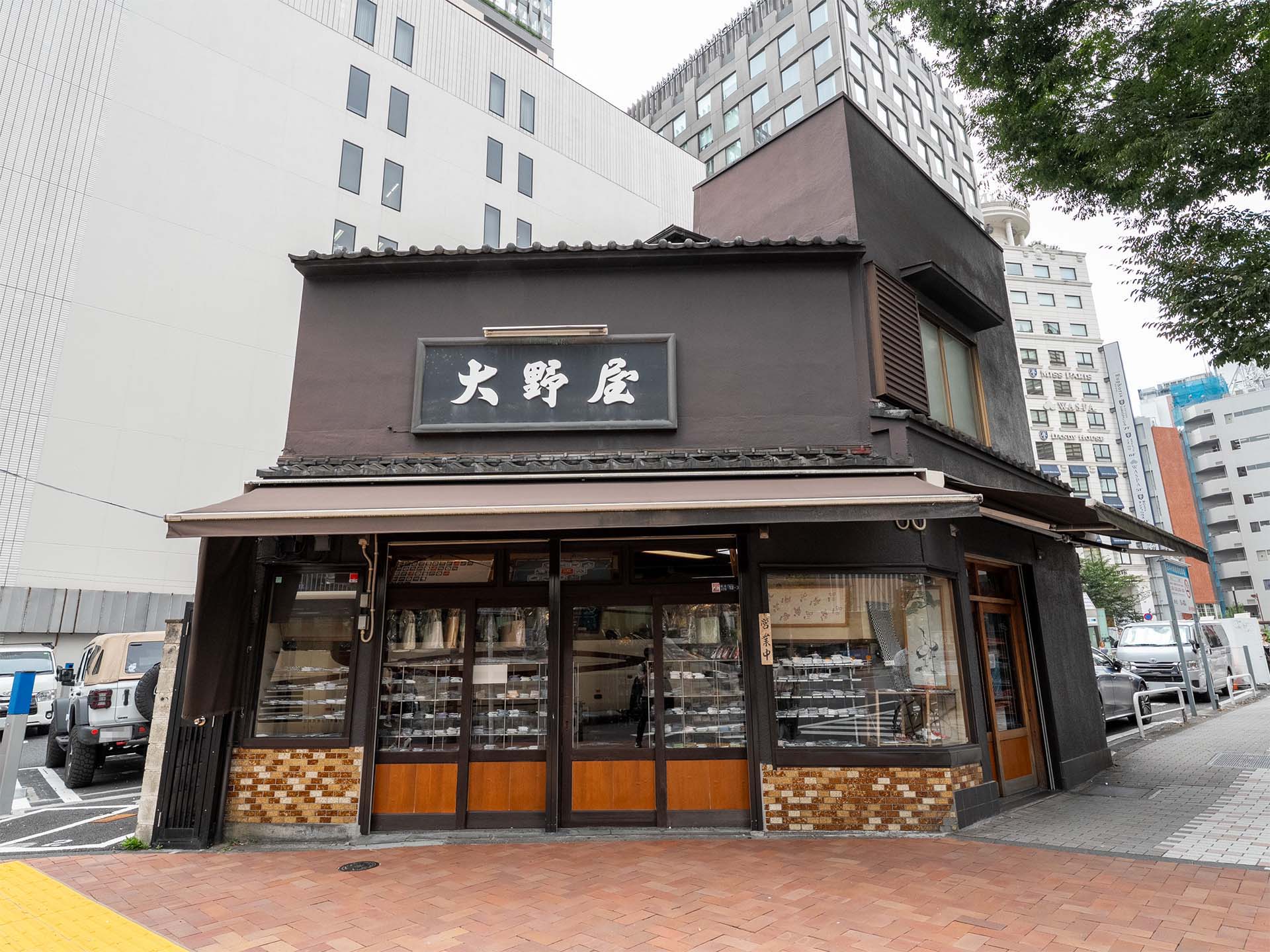
-
Recommended SpotTokyo Great Tours
Yukiko Koezuka, CEO of Alive and Kicking Inc., which operates Tokyo Great Tours, was originally a banking professional with experience in foreign exch
View More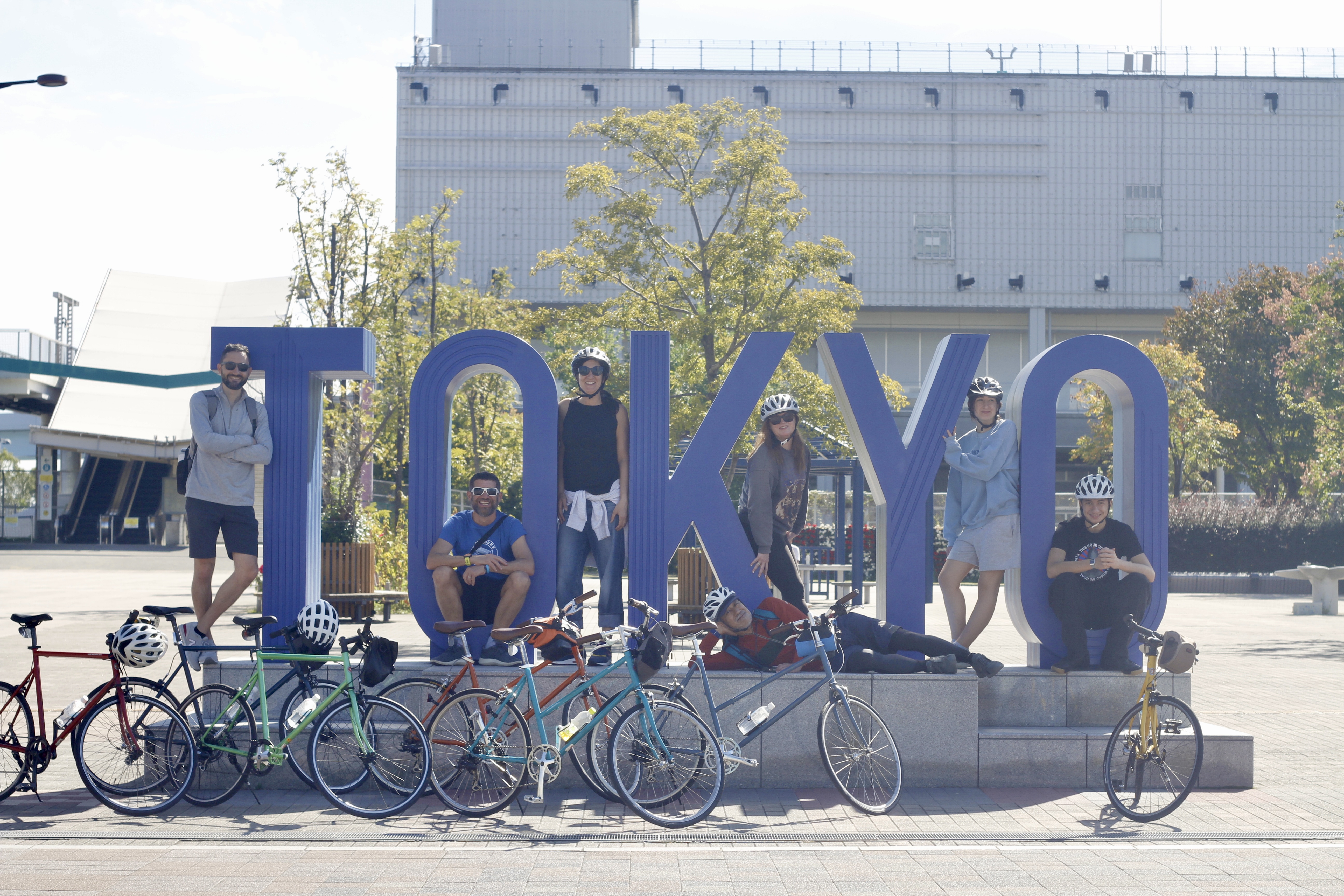
-
Recommended SpotTeppōzu Inari Shrine
Teppōzu Inari Shrine is an ancient shrine said to have been founded in the early Heian period, in the 8th year of the Jōwa era (841). It is said to ha
View More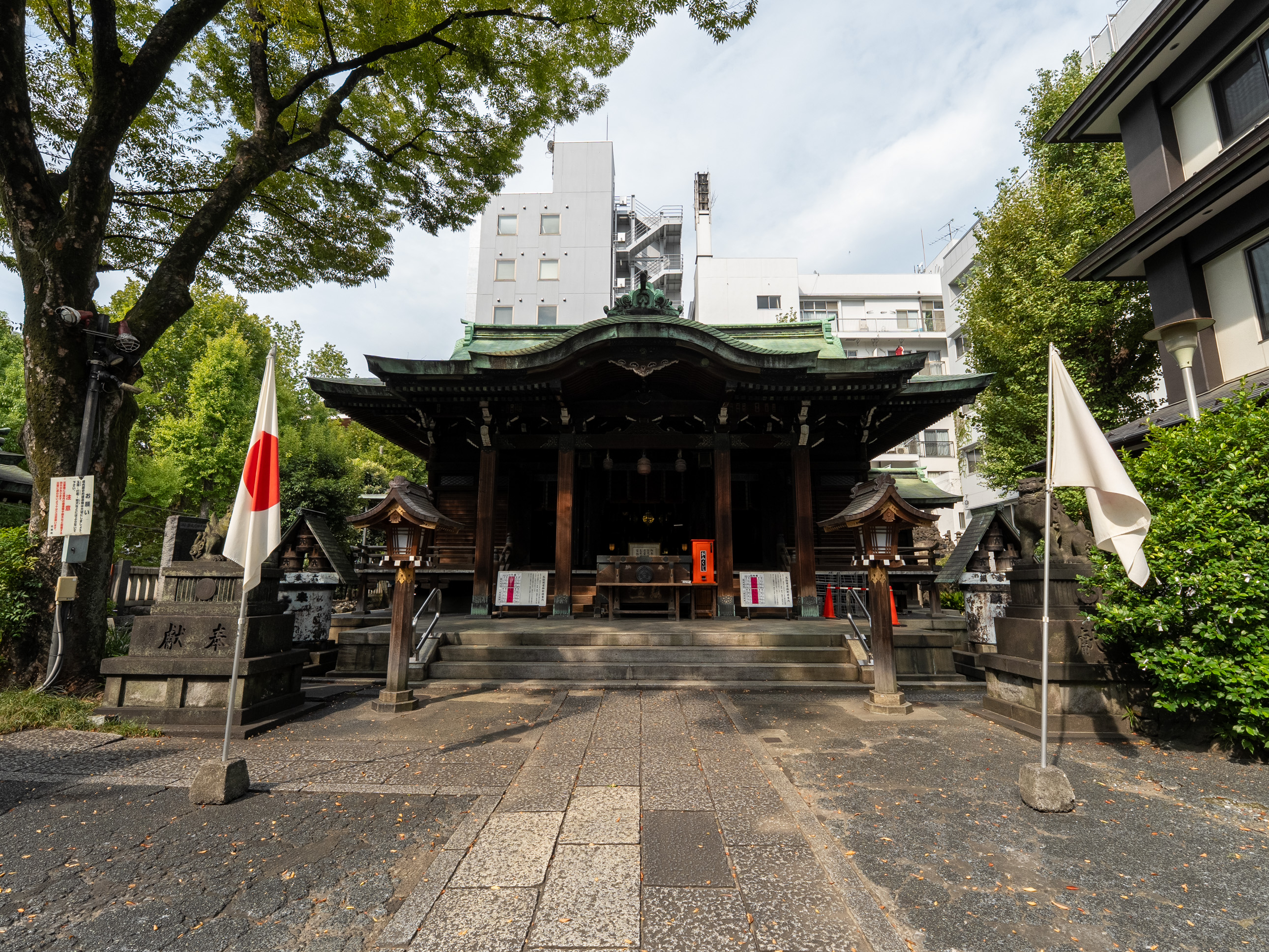
-
Recommended Spot Kabukiza
Currently, about 80% of our hotel guests are international visitors who have come to Japan from overseas. Many of them are here for sightseeing, and i
View More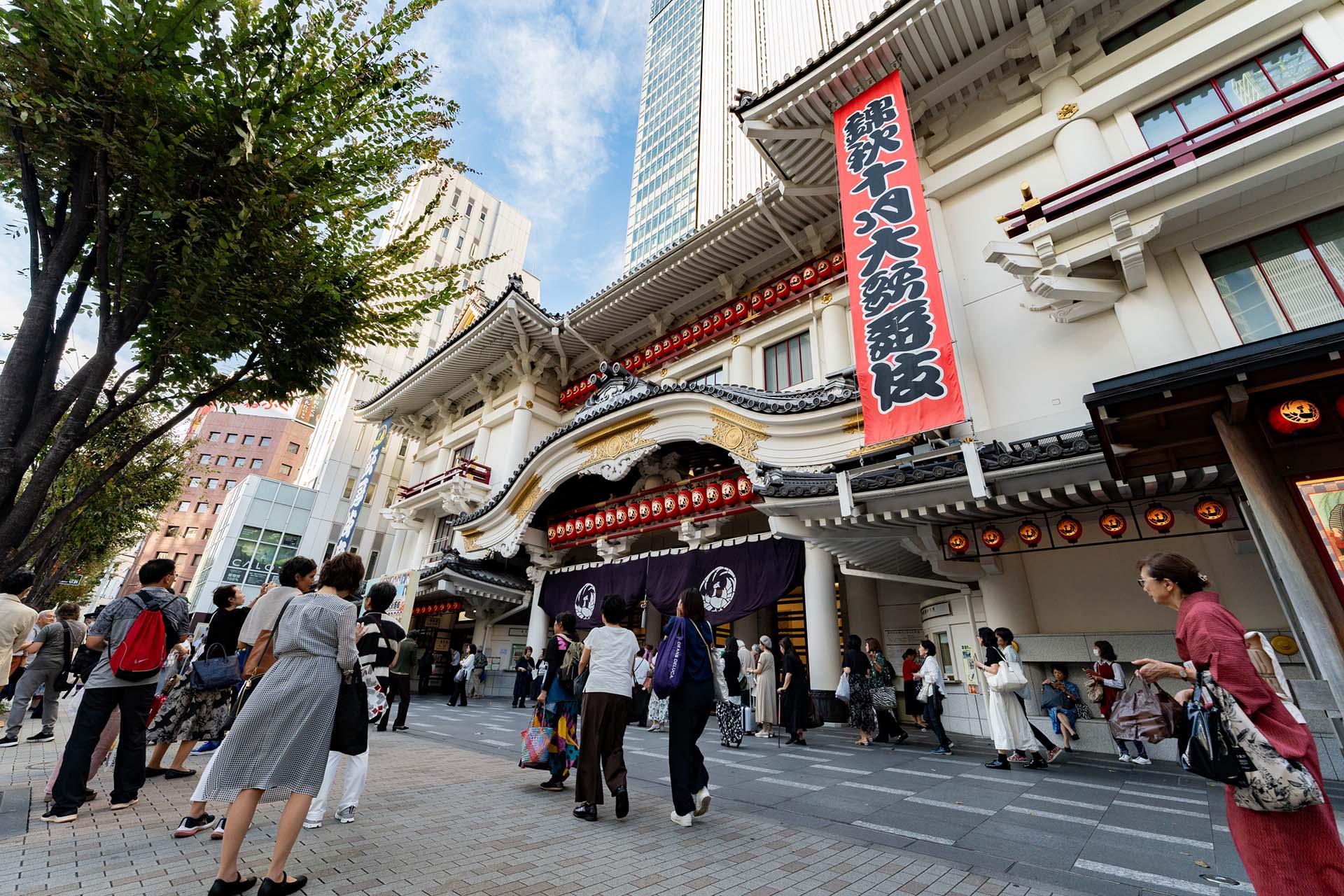
-
Recommended SpotHamacho Park
I used to take my children to Hamacho Park when they were still young. It’s such a spacious place that when we brought a picnic, we could spend the wh
View More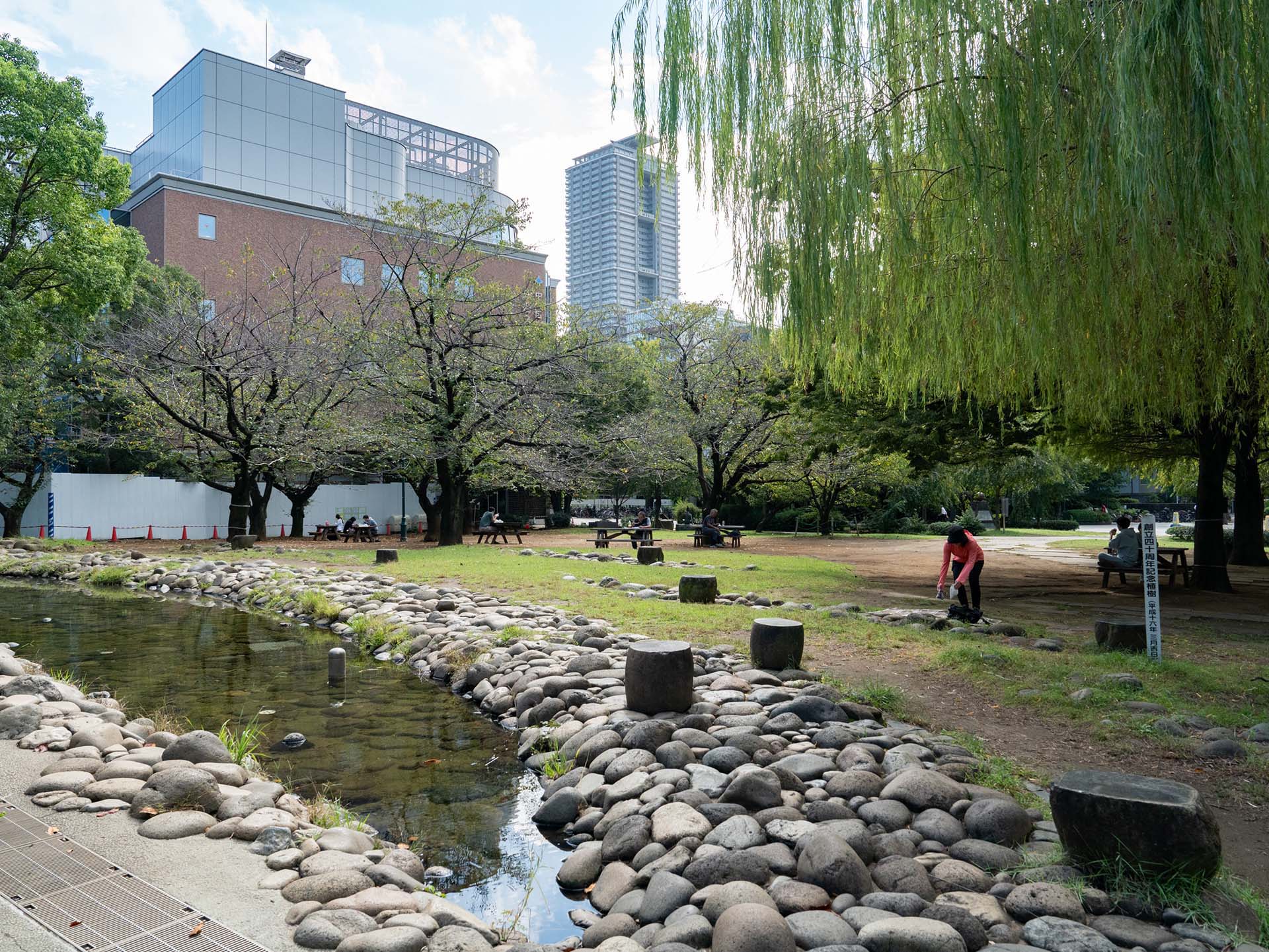
-
Recommended SpotImada Store
“The first proprietor of Imada Shoten was my great-grandfather, Imada Kinsō,” shared the fourth-generation owner, Imada Takeo. The main brewery, Imada
View More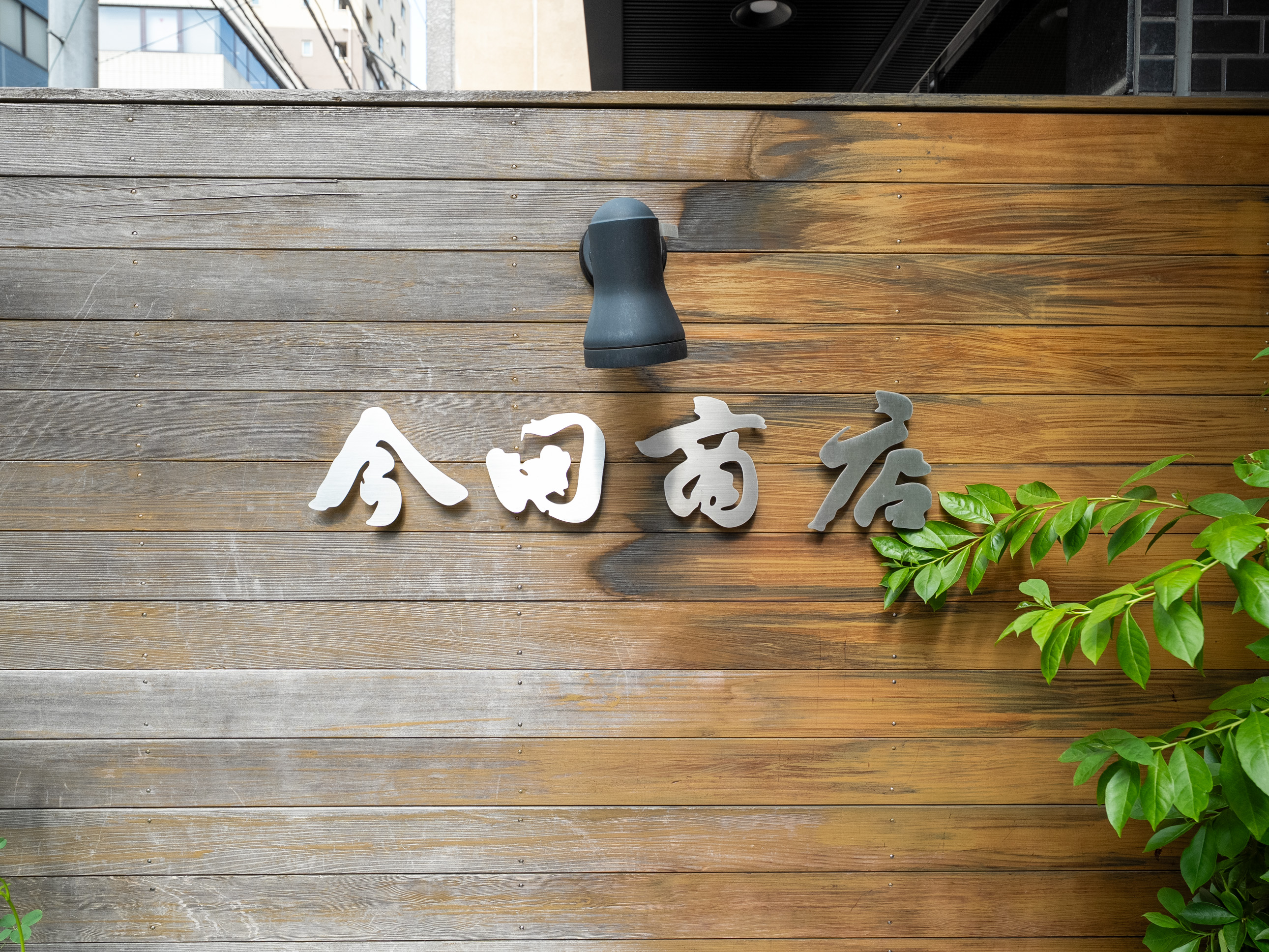
-
Recommended SpotNingyocho Shopping Street and Nihonbashi Shichifukujin (Seven Lucky Gods of Nihonbashi)
Ningyocho, among the many areas named after Nihonbashi, is perhaps the most notable and attracts many visitors. Since its opening in 1989, the Royal P
View More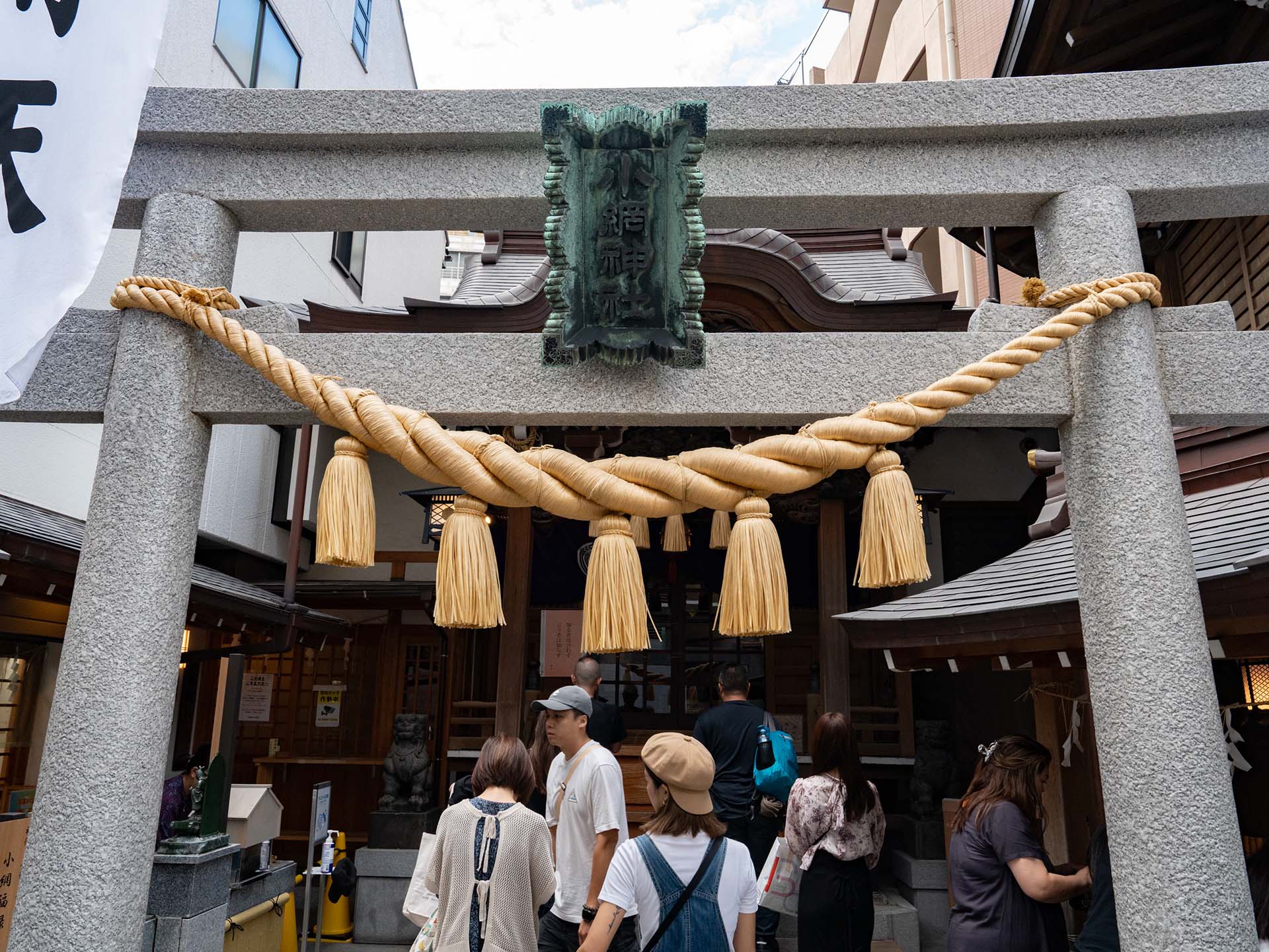
-
Recommended SpotJushi Park and Tsutajyu Gallery
During the reign of the second shogun, Tokugawa Hidetada, the “Ishimachi Bell” housed in the bell tower built in Nihonbashi-Ishimachi became indispens
View More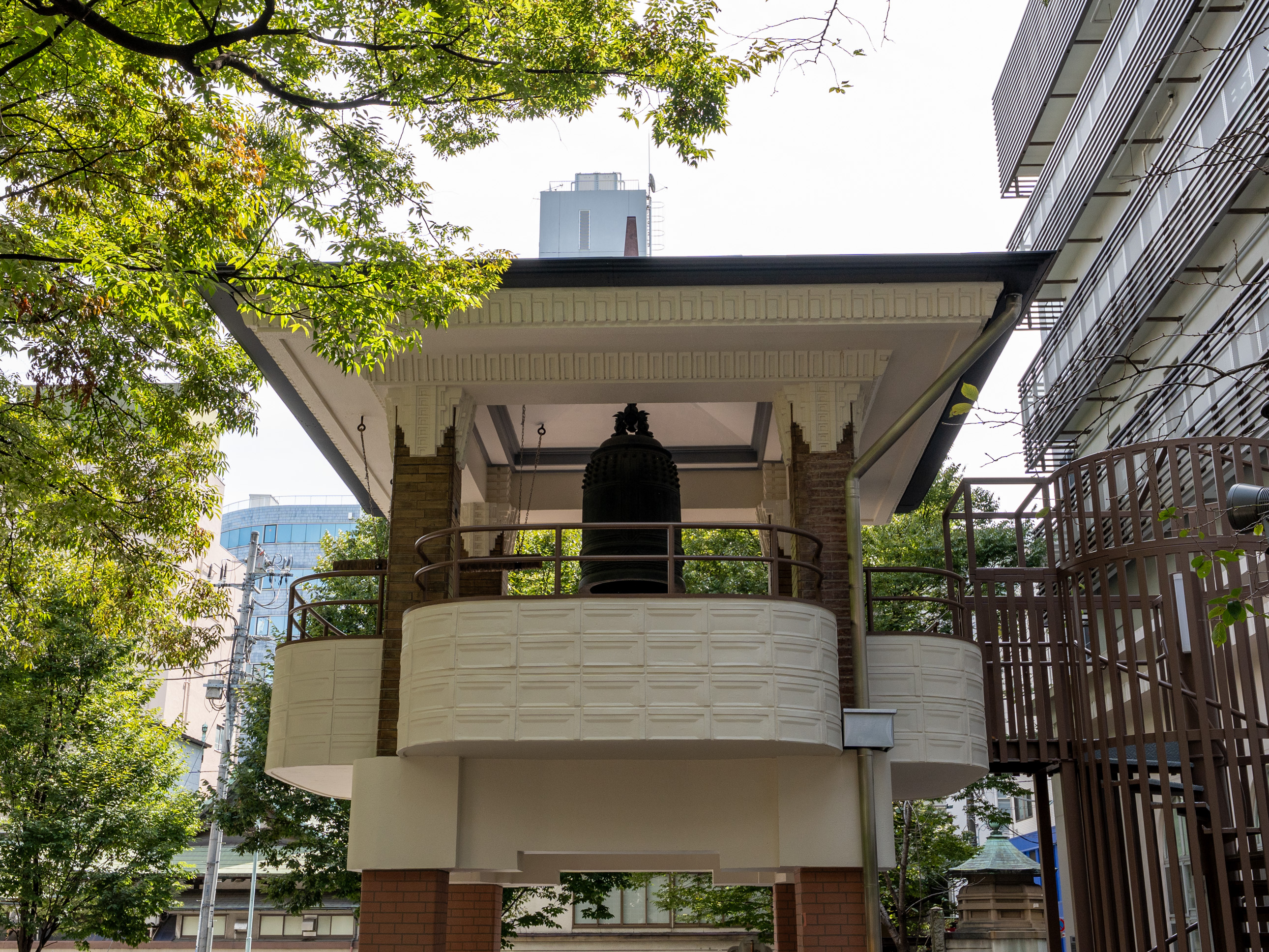
-
Recommended SpotNaumann Elephant and Hamacho Shopping Street
The Naumann elephant (Naumann's elephant) lived on the Japanese archipelago from about 340,000 years ago to about 15,000 years ago. As a result, the s
View More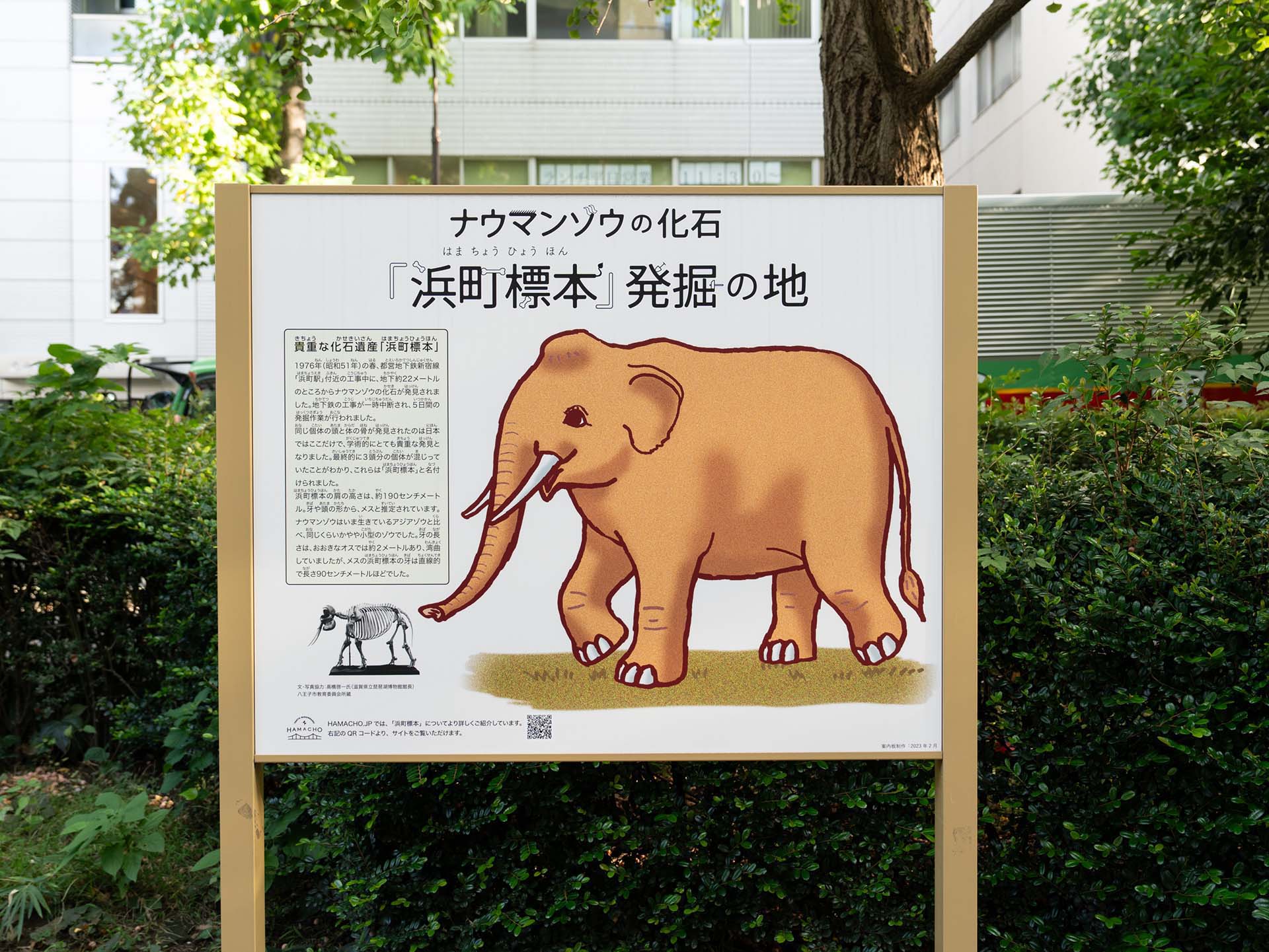
-
Recommended SpotCawaii Bread & Coffee
Cawaii Bread & Coffee is a small bakery and coffee shop located along the Kamejima River, about a 3-minute walk from Hatchobori Station. Originall
View More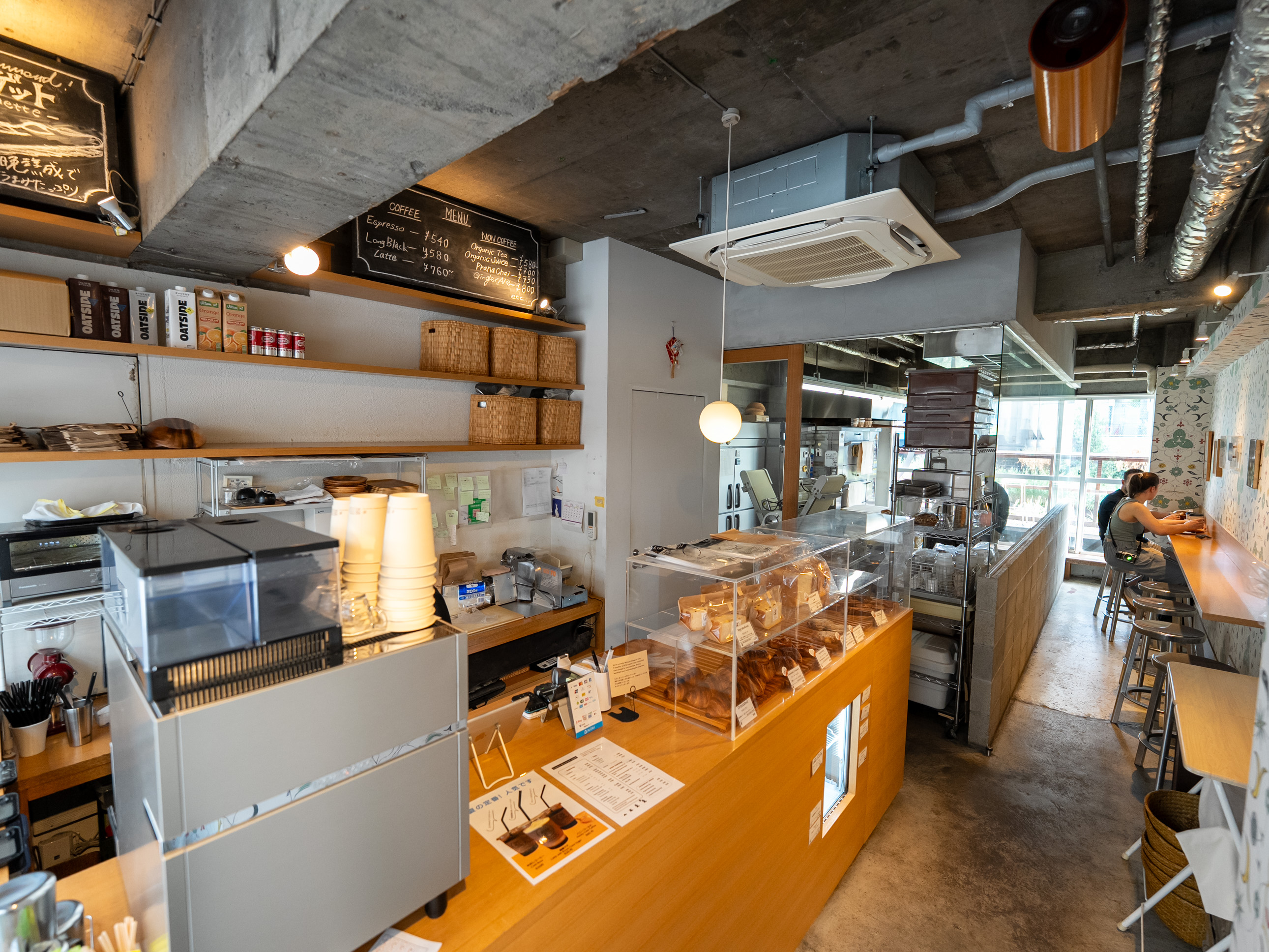
-
Recommended SpotNamiyoke Shrine
Walking along Namiyoke Street with the Tsukiji Outer Market on your left, you'll see Namiyoke Shrine directly ahead at the end of the street. It is sa
View More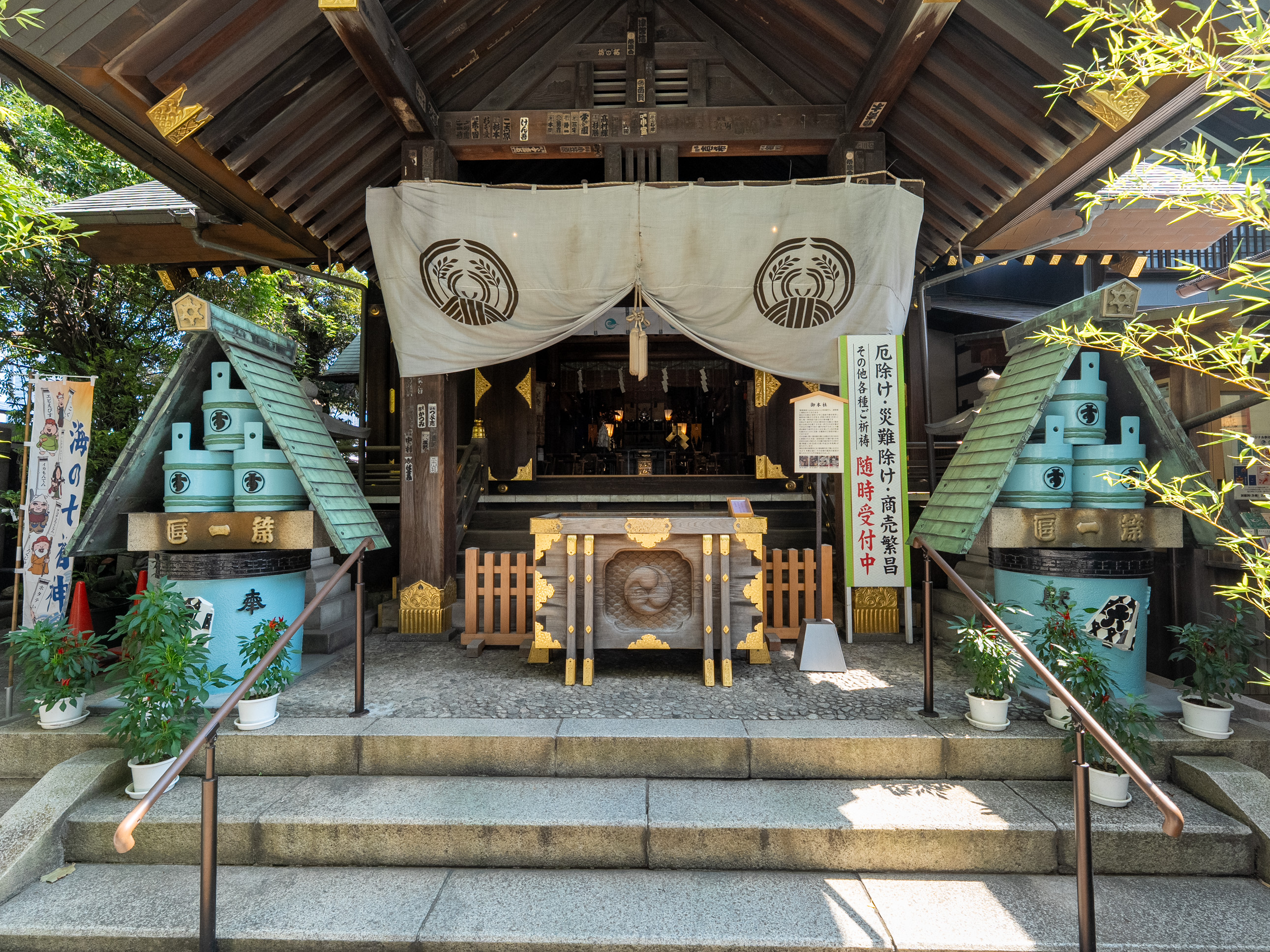
-
Recommended SpotTuna Seafood Shop 'Kanno'
At our hotel, we offer a "Choice of 4 Business Breakfasts," providing four types of breakfast to energize you from the start of your day. Among these
View More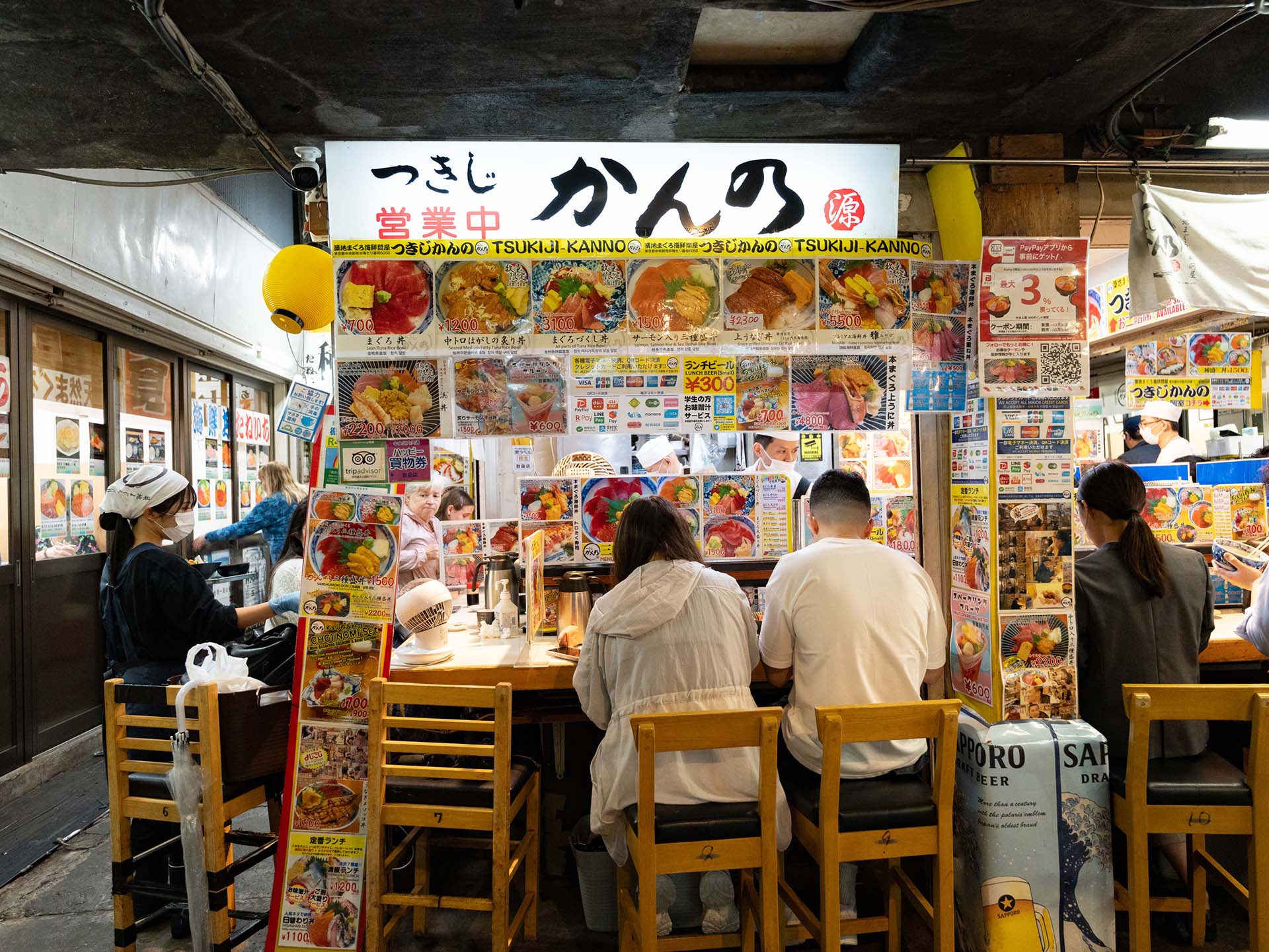
-
Recommended SpotAmazake Yokocho
The name "Amazake Yokocho" is believed to have originated from the early Meiji period when there was a sweet sake shop called "Owariya" near the entra
View More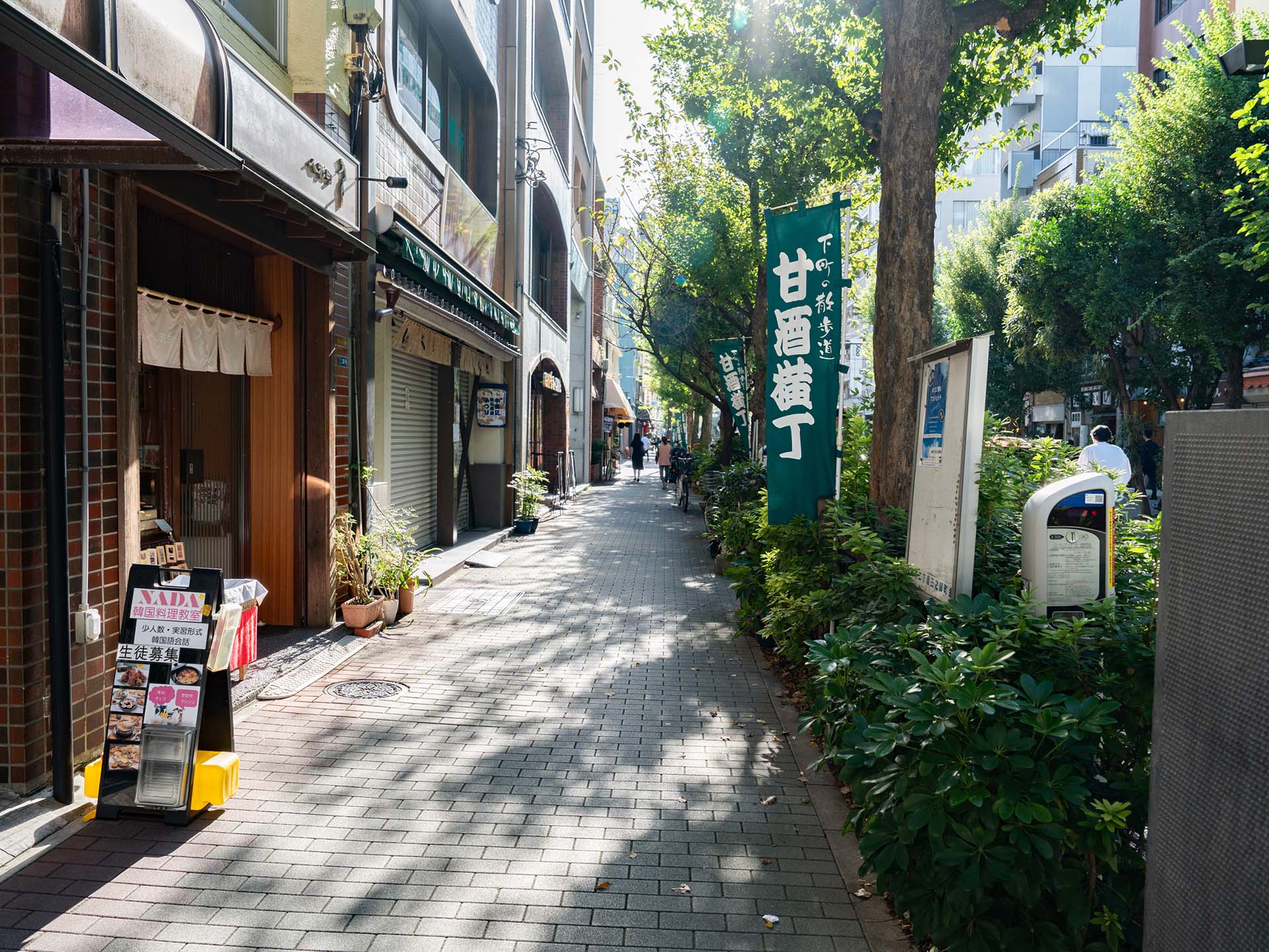
-
Recommended SpotKabutocho's Multifaceted Transformation
My own image of Kabutocho changed significantly, apparently due to the closure of the Tokyo Stock Exchange's open-outcry trading floor in 1999, brough
View More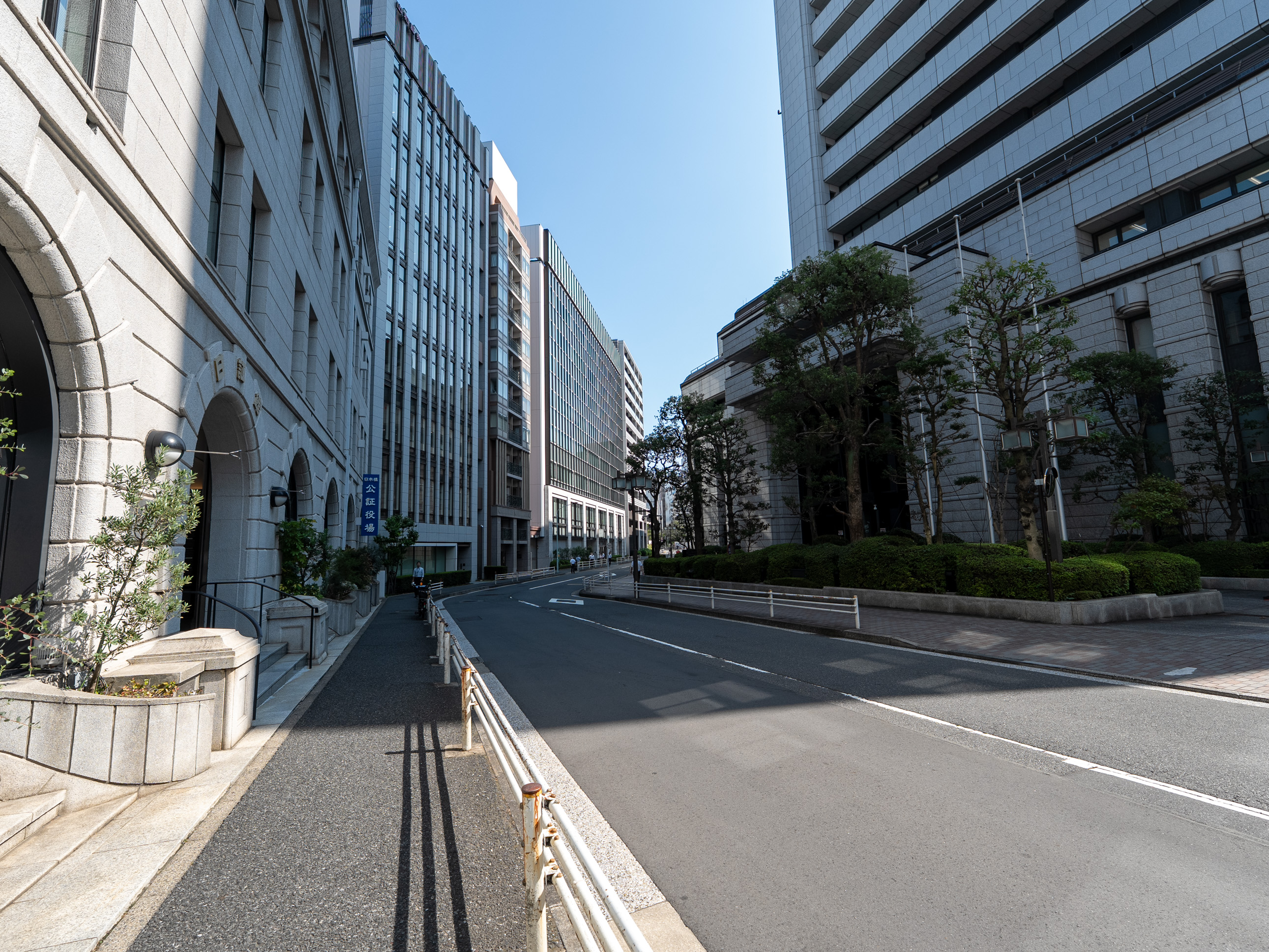
-
Recommended SpotJapanese sweets shop in the Ningyocho area
Two doors down from my Sumiyosho Hotel used to be a Japanese confectionery shop called Seijuken. Since childhood, I've enjoyed their handmade anmitsu,
View More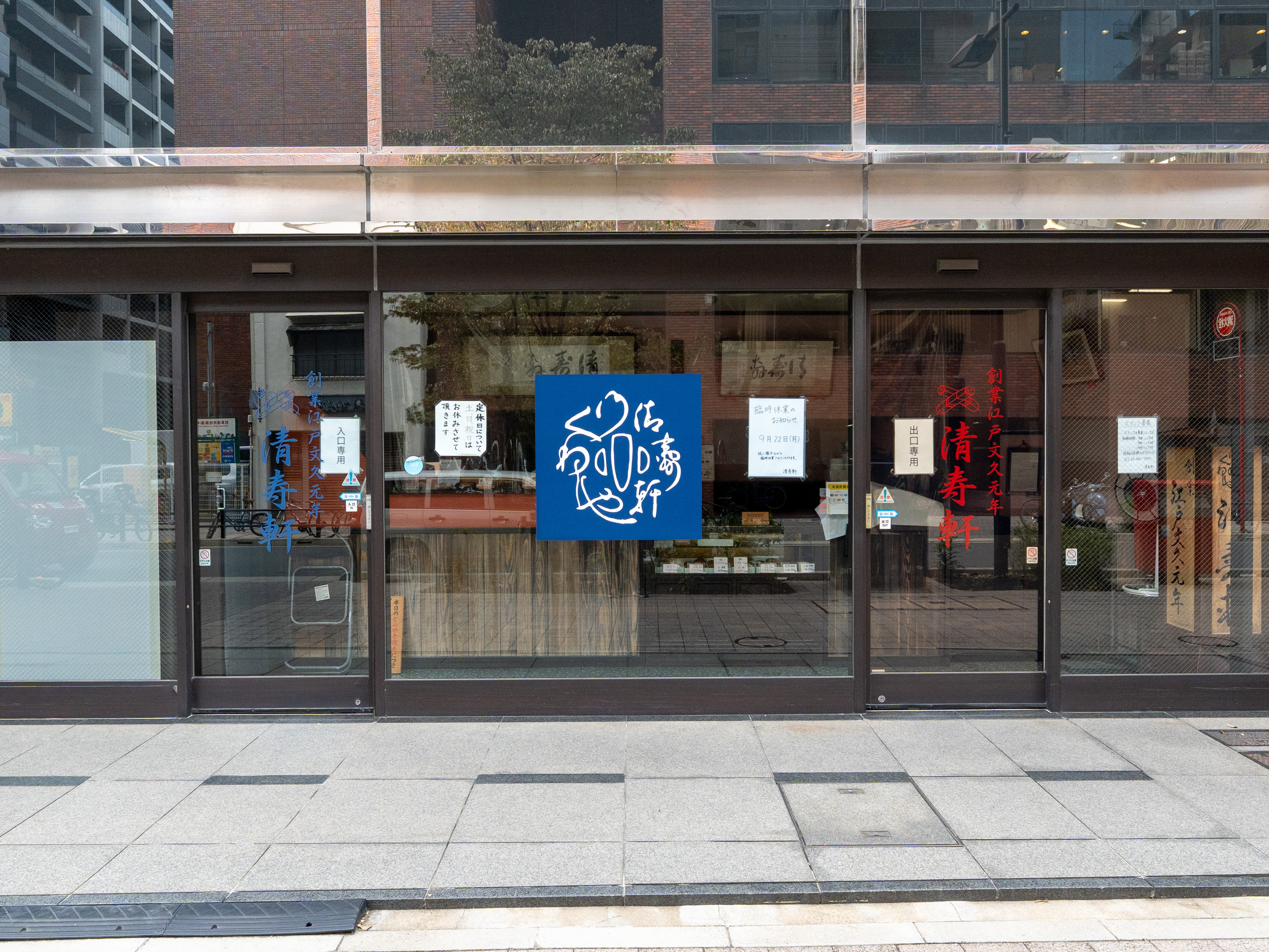
-
Recommended SpotCotton Paper Club
It's about a 2-3 minute walk from Suitengumae Station on the Hanzomon subway line. Cotton Paper Club, a small variety store in Nihonbashi-Kakigara-cho
View More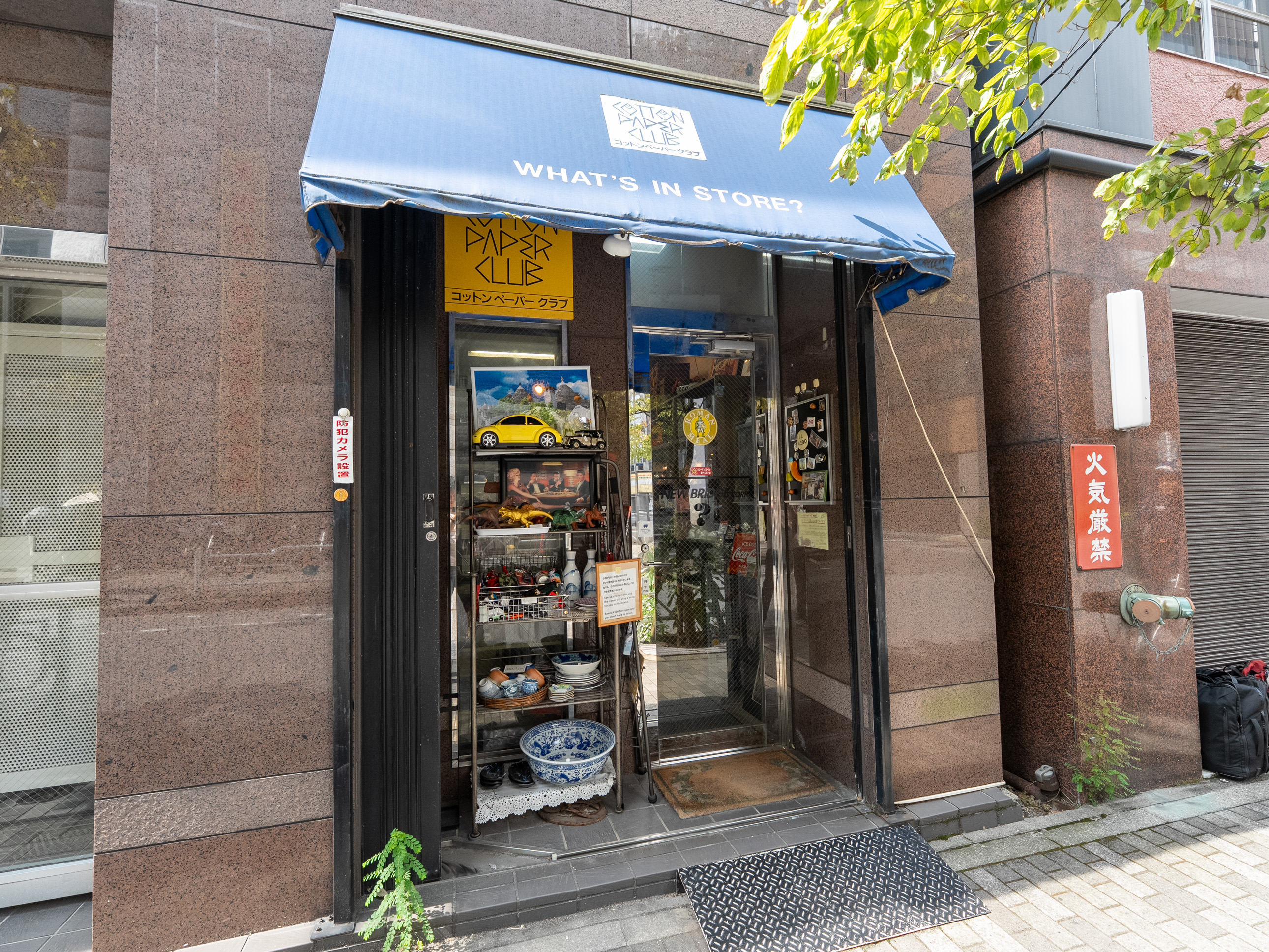
-
Recommended SpotIzakaya and restaurants in Ningyocho Shōtengai
This may be a bit of an old story, but let me begin by talking about the origin of the name of Ningyocho. In the first year of the Kaiei era (1624), S
View More